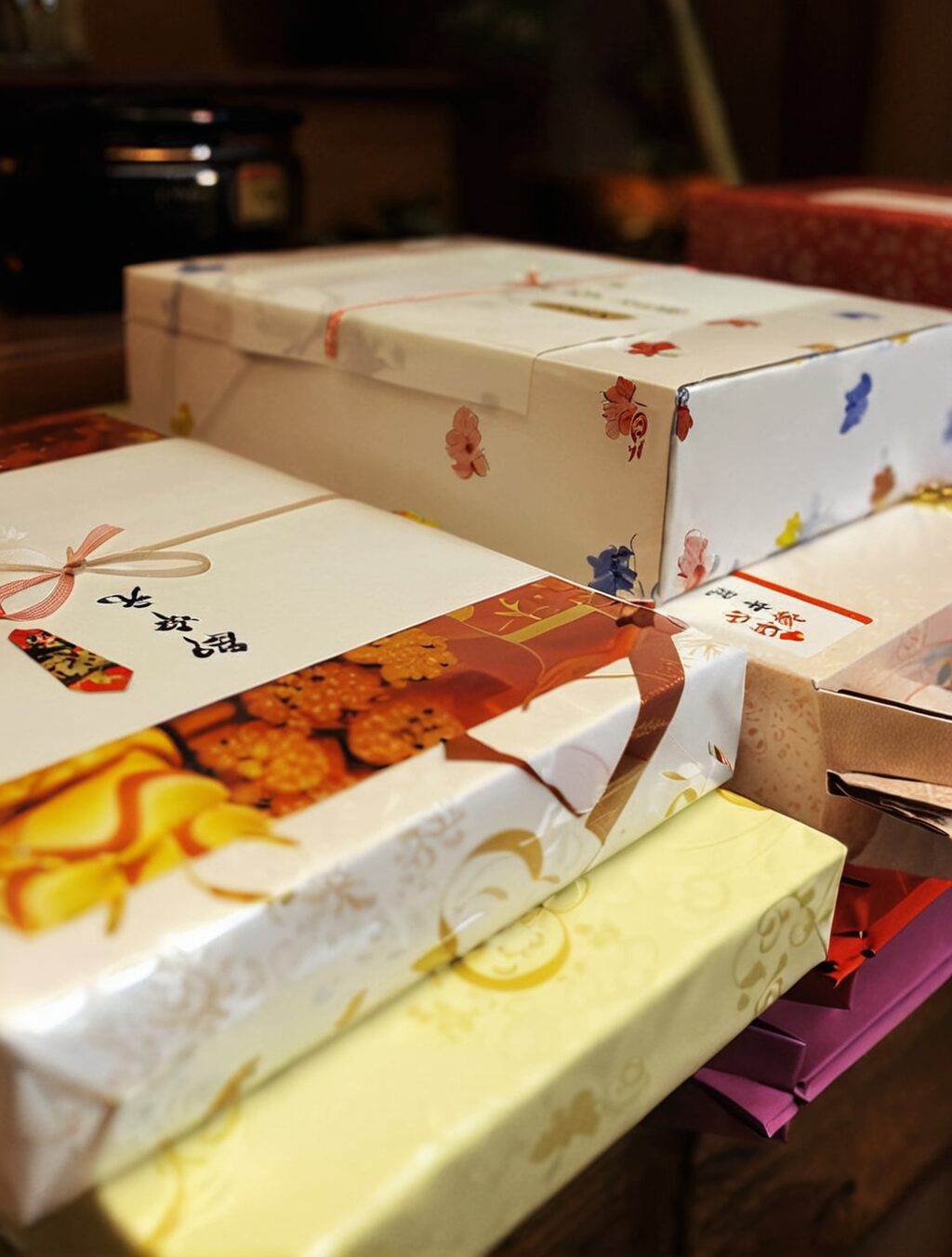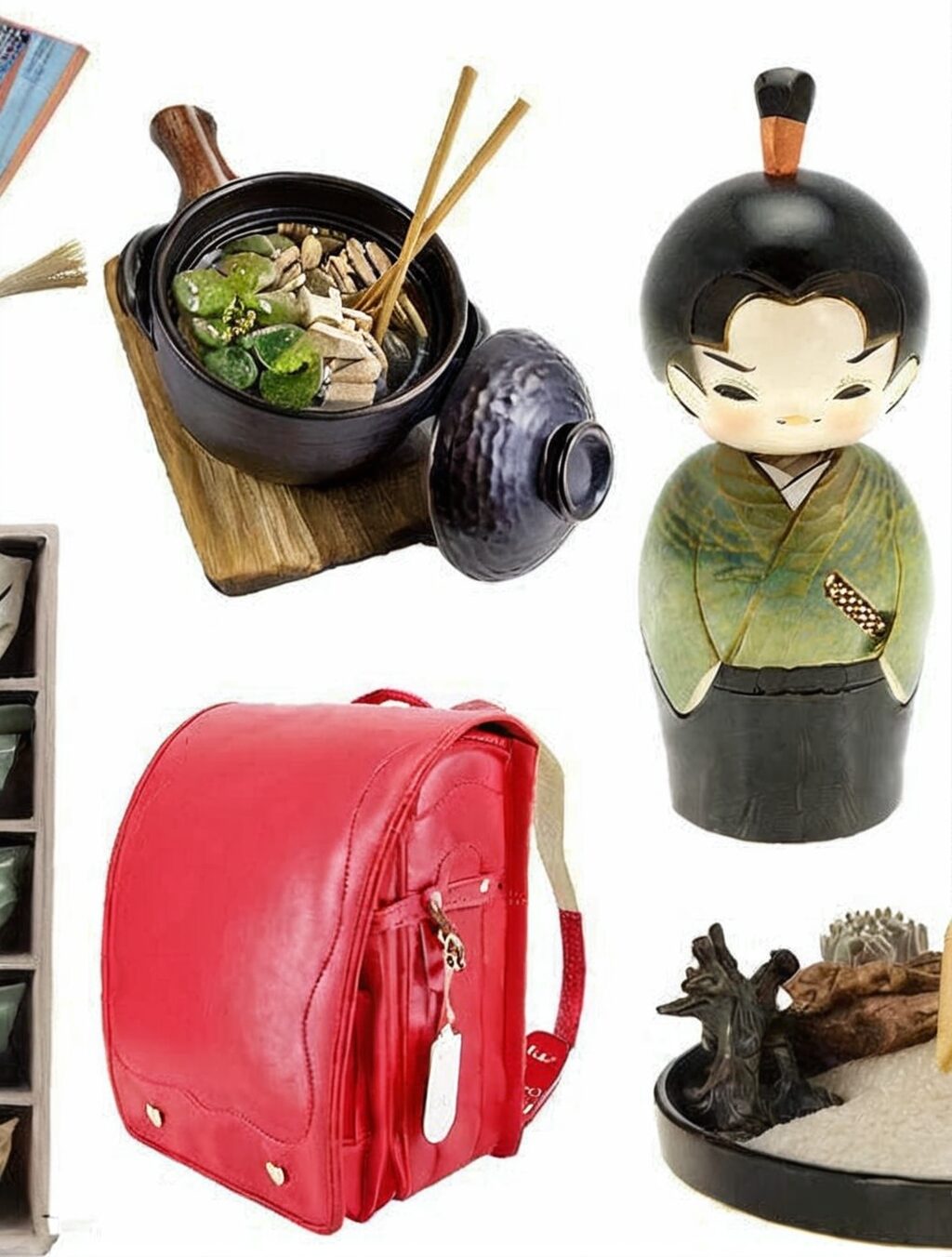Gift-Giving in Japanese Business Culture: A Guide to Etiquette and Customs
Win a Free Trip to Japan!
Experience cherry blossoms and ancient temples
SEO Meta-Description:
Navigating the intricate world of gift-giving in Japanese business culture can be a daunting task. This guide provides insights into the customs, etiquette, and significance of gift exchange in Japan, ensuring you make a positive and respectful impression.
Introduction:
In the realm of Japanese business, gift-giving is an integral part of building relationships, expressing gratitude, and maintaining harmony. Understanding the nuances of this cultural practice is essential for anyone interacting with Japanese colleagues or clients.
Cultural Significance of Gift-Giving:
- Gifts symbolize respect, appreciation, and a desire to foster positive connections.
- They are often used to establish relationships, show gratitude, or apologize for mistakes.
- Choosing the right gift is crucial, as it reflects the giver’s thoughtfulness and understanding of Japanese culture.
Etiquette and Customs:
- Presentation: Gifts are typically wrapped in elaborate paper and presented with both hands.
- Timing: Gifts should be given at the beginning or end of a meeting, not during the middle.
- Value: Gifts should be appropriate in value, neither too expensive nor too inexpensive.
- Avoidance: Certain gifts, such as sharp objects or anything that could be construed as a bribe, should be avoided.
Types of Gifts:
- Traditional Gifts: These include items like tea sets, calligraphy brushes, or origami cranes.
- Consumables: Food, beverages, or sweets are common and appreciated gifts.
- Practical Gifts: Business-related items, such as pens, notepads, or briefcases, are also appropriate.
FAQs:
- Can I give a used gift? No, it is not customary to give used gifts in Japanese business culture.
- Is it okay to give a gift directly? It is generally better to wrap the gift before presenting it.
- Can I refuse a gift? It is polite to accept a gift, even if you do not intend to keep it.
Gift-giving in Japanese business culture is a delicate art that requires thoughtfulness, respect, and a genuine desire to build relationships. By following these guidelines, you can navigate this cultural practice with confidence and make a positive impression on your Japanese colleagues or clients.
gift giving in japanese business culture
Japanese Gift-Giving Culture: A Guide to Customs, Etiquette, and Meaning
SEO Meta-Description:
Unveiling the intricacies of Japanese gift-giving culture, this guide explores the customs, etiquette, and profound significance of gift exchange in Japan. Learn how to navigate this cultural practice with respect and make a lasting impression on your Japanese colleagues or clients.
Introduction:
In the tapestry of Japanese culture, gift-giving holds a revered position, serving as a bridge to connect people, express emotions, and maintain harmony. Understanding the nuances of this practice is essential for anyone interacting with Japanese individuals in both personal and professional settings.
Cultural Significance of Gift Exchange:
- Gifts symbolize respect, gratitude, and a deep desire to foster positive relationships.
- They are often used to mark special occasions, show appreciation, or apologize for mistakes.
- The choice of gift conveys the giver’s thoughtfulness and understanding of Japanese customs.
Customs and Etiquette:
- Presentation: Gifts are meticulously wrapped in elegant paper and presented with both hands.
- Timing: Gifts are typically exchanged at the beginning or end of a meeting, not during the middle.
- Value: Gifts should be appropriate in value, neither too expensive nor too inexpensive.
- Avoidance: Certain gifts, such as sharp objects or anything that could be perceived as a bribe, should be avoided.
Types of Gifts:
- Traditional Gifts: These include items such as tea sets, calligraphy brushes, and origami cranes, which embody Japanese craftsmanship and aesthetics.
- Consumables: Food, beverages, or sweets are popular and appreciated gifts, representing a gesture of hospitality and warmth.
- Practical Gifts: Business-related items, such as pens, notepads, or briefcases, are also suitable gifts, demonstrating thoughtfulness and practicality.
FAQs:
- Can I give a used gift? No, it is not customary to give used gifts in Japanese culture.
- Is it okay to give a gift directly? It is generally better to wrap the gift before presenting it, as the wrapping itself is considered part of the gift.
- Can I refuse a gift? It is polite to accept a gift, even if you do not intend to keep it. However, you may express your gratitude and explain that you cannot accept it due to personal reasons.
Navigating Japanese gift-giving culture requires sensitivity, respect, and a genuine desire to build meaningful connections. By adhering to these customs and etiquette, you can make a positive and lasting impression on your Japanese colleagues or clients, demonstrating your understanding of their culture and your commitment to fostering harmonious relationships.

